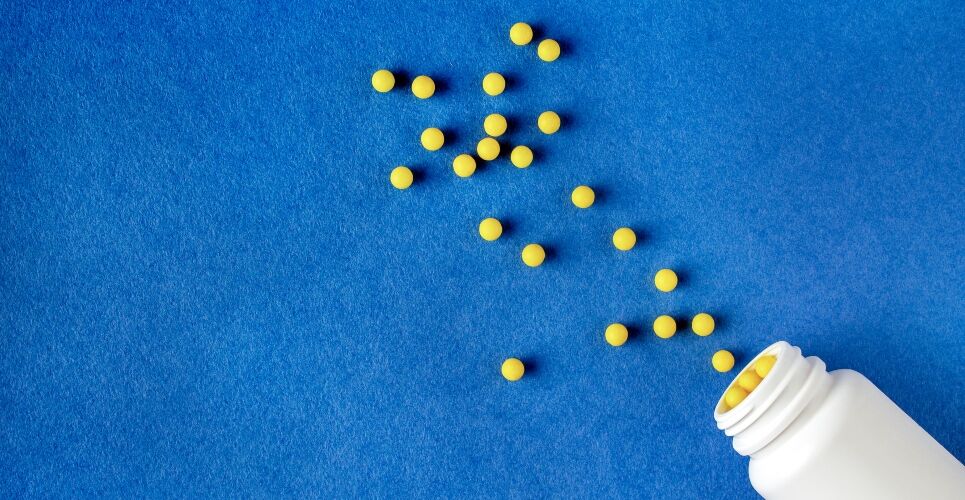The European Association of Hospital Pharmacists (EAHP) has ‘welcomed‘ a raft of recently released measures to better prevent and mitigate medicines shortages in the European Union (EU).
This includes the Communication on medicine shortages adopted by the European Commission (EC), as well as the Executive Steering Group on Shortages and Safety of Medicinal Products (MSSG) Toolkit on recommendations on tackling shortages of medicinal products and the MSSG Solidarity Mechanism adopted by the European Medicines Agency (EMA).
Releasing the Communication in response to recent critical shortages, the EC said it recognised that ‘continued coordinated action is needed to address supply challenges and to make Europe‘s medicine supply chains more resilient in the long run‘.
As such, the Communication outlines steps the EU can take to make a difference in the availability of medicines to patients across its Member States, covering both generic and innovative medicines, as well as their ingredients.
This includes:
- Regulatory flexibilities enabling Member States to use regulatory exemptions to allow medicines to reach patients in a timely manner, including extending shelf-life or the quick authorisation of alternatives
- EU guidance on procurement of medicines to strengthen security of supply to be issued by the Commission by early 2024, and EU joint procurement for next winter for antibiotics and treatments for respiratory viruses.
In addition, the MSSG Toolkit and voluntary solidarity mechanism – based on an informal setup during Covid-19 – form part of a wider EC initiative to protect Europe against medicines shortages this winter and in the future through a set of coordinated actions. These include controlling distribution by optimising and rationing existing stocks and ensuring patients with the highest need get treatment first.
Union list of critical medicines
The EAHP‘s support for these measure to tackle medicines shortages in the EU coincides with the publication of the first Union list of critical medicines, which has been drawn up by the Commission along with the Heads of Medicines Agencies (HMA) and the EMA.
The list contains more than 200 active substances of medicines for human use considered critical for healthcare systems across the EU and European Economic Area.
For these medicines, the organisations say, ‘shortages should be avoided‘ in order to prioritise critical medicines across the EU.
This is ‘particularly important as a shortage [of these drugs] could cause significant harm to patients and pose important challenges to health systems,‘ the EMA said.
The EMA also stressed that medicines on the list ‘can continue to be ordered, prescribed and used as usual, with no need to stockpile‘.
The list reflects the outcome of the review of 600 active substances taken from six national lists of critical medicines. The Union list will be expanded in 2024 and will then be updated every year.
Commenting on the list‘s publication, Stella Kyriakides, the EU‘s commissioner for health and food safety, said: ‘We need a single market for medicines in the EU and a new approach to better tackle shortages of critical medicines.
‘In a strong European Health Union, it is unthinkable that patients are left without the medicines they need, [which is why] we are putting forward collective actions to work closer with the industry and help Member States improve the security of supply for the coming winter and in the long-term.‘
EAHP calls for transparency
EAHP has long been providing recommendations to mitigate shortages and their impact on patients‘ outcome, as seen in the latest EAHP 2023 Shortage Survey Report.
Nenad Miljkovic, EAHP president elect, said: ‘EAHP welcomes the recommendations on mitigating supply chain vulnerabilities and tailoring joint procurement strategies, as well as creating safety stocks of medicines and medical devices [and] the creation of the Union list of critical medicines.‘
However, he added: ‘While EAHP believes that supply and demand forecasting is essential in avoiding shortages, the transparency of information given by all stakeholders involved in supply chain and healthcare provision is essential and it does not either lean only on the supply or demand side of shortages.
‘Moreover, EAHP is in favour of addressing challenges with [active pharmaceutical ingredient] production through its diversification and strengthening to avoid a major safety concern for the entire supply chain.‘

